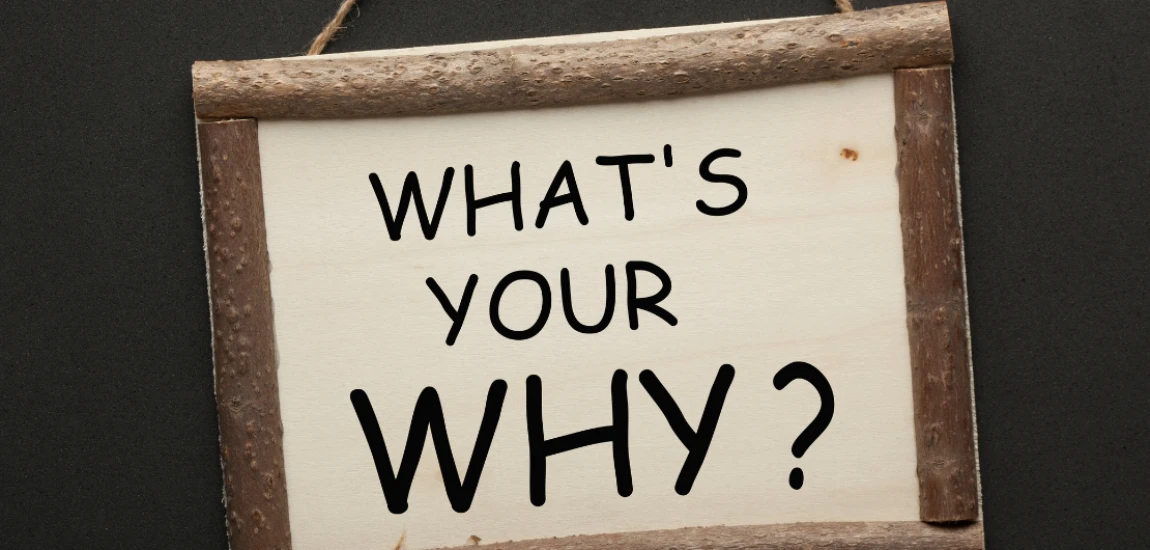Why No One Can Agree on What “Overrated” Means Anymore

If you’ve spent any time scrolling through reviews, Reddit threads, or Twitter arguments, you’ve seen the word “overrated” tossed around like confetti. A blockbuster film gets praised? Someone says it’s overrated. A restaurant has a two-hour wait? Overrated. Even cities, tourist attractions, and beloved TV shows aren’t safe from the label. But here’s the problem: ask ten people what “overrated” means, and you’ll get ten different answers.
The word has become cultural shorthand, but its actual meaning has slipped away. For some, calling something overrated means it’s bad and undeserving of hype. For others, it just means popular but not personally appealing. And for many, “overrated” is less about the thing itself and more about frustration with how loudly it’s praised.
This ambiguity has made “overrated” one of the most polarizing terms in pop culture discourse. Let’s explore why the word has become so slippery, what it reveals about how we define taste, and why its overuse might actually say more about us than about the things we’re judging.
The Origins and Evolution of “Overrated”
The term “overrated” sounds simple: it refers to something being rated more highly than it deserves. Originally, it was a straightforward critique. A critic might call a film overrated if its glowing reviews didn’t match their assessment. Similarly, a food critic might dismiss a restaurant as overrated if the hype didn’t reflect the actual flavors. In early uses, the word was less about subjectivity and more about challenging consensus.
But over time, the internet—and especially social media—changed how we use “overrated.” Platforms like IMDb, Rotten Tomatoes, Yelp, and TripAdvisor gave everyone the power to rate and review. Suddenly, the “rating” wasn’t a handful of critics—it was millions of users. And with more ratings came more arguments about whether those ratings were inflated.
On Twitter, Reddit, and TikTok, “overrated” shifted from a technical critique into a cultural weapon. It became less about evaluating the actual quality of something and more about puncturing hype. If something was loved by too many people—from Taylor Swift’s latest album to Paris’s Eiffel Tower—someone inevitably called it overrated. The word stopped being about the thing itself and became a way to express fatigue with collective enthusiasm.
This evolution means “overrated” no longer has a single definition. It’s as much about the speaker’s perspective as it is about the object of critique. And that’s why no one can seem to agree on what it means anymore.

Why “Overrated” Sparks Endless Debate
So why does “overrated” trigger such heated arguments? The answer lies in its vagueness and the emotions tied to taste.
It’s Subjective by Nature
Unlike words such as “bad,” “boring,” or “mediocre,” “overrated” doesn’t actually describe the experience of something—it describes the perception of it. Saying a film is boring tells you what it felt like to watch it. Saying it’s overrated says nothing about the film itself, only about its reputation. This indirectness leaves room for endless interpretation.
It Challenges Identity
In today’s culture, liking something is often tied to identity. Loving Beyoncé, Marvel movies, or Friends isn’t just a preference; it signals community and taste. When someone calls those things overrated, it feels like a personal attack. The word is powerful because it undermines not just the object but also the people who love it.
It’s a Shortcut for Criticism
“Overrated” has become an all-purpose way to dismiss something without engaging with its substance. Instead of explaining why you didn’t enjoy a book or a vacation spot, calling it overrated suggests the problem isn’t you—it’s everyone else’s exaggerated love. That rhetorical shortcut makes debates more heated because it shifts blame from personal preference to cultural delusion.
The Internet Amplifies Hype—and Backlash
Social media thrives on extremes: hype and backlash. As soon as something goes viral, it inevitably faces the “overrated” label, whether it’s a viral TikTok recipe, a Netflix limited series, or a trending travel destination. The more something is praised, the more tempting it becomes for contrarians to declare it overrated.
Together, these factors explain why “overrated” has become one of the most hotly contested words in cultural discourse.

Overrated vs. Overhyped: Spotting the Difference
A lot of the confusion around “overrated” comes from its overlap with another word: “overhyped.” While they’re often used interchangeably, they’re not quite the same thing.
Overhyped refers to the promotion and buzz surrounding something. A movie might be overhyped if the trailers promise it will be the “best of the decade,” but it turns out to be just okay.
Overrated refers to the response after release. A film is overrated if critics and audiences give it sky-high ratings that don’t align with your experience.
The problem is that in casual conversation, the two blur together. A tourist might call the Mona Lisa overrated because they expected a massive painting after years of hype, only to find it small and crowded by tourists. In reality, the disappointment comes from overhype, not overrating.
Recognizing this difference can make cultural debates more productive. Instead of dismissing something as overrated, asking whether it’s overhyped encourages discussion about marketing, expectations, and perception rather than about intrinsic worth.

How “Overrated” Reveals More About Us Than the Thing Itself
When we label something overrated, we’re not just critiquing the object—we’re expressing something about ourselves.
Taste as Distinction: Calling something overrated often signals a desire to stand apart from mainstream opinion. It’s a way of saying, “I see through the hype. I have discerning taste.”
Frustration with Consensus: Sometimes “overrated” reflects exhaustion with how much attention one thing gets compared to others. For example, someone might call New York overrated not because it’s bad, but because smaller cities never get the same love.
Shifting Standards: As culture moves faster, what feels groundbreaking one year might feel overrated the next. The word tracks cultural fatigue and the speed of changing trends.
Projection of Expectations: Often, disappointment comes from our own expectations. A five-star Yelp review primes us to expect perfection. When reality falls short, “overrated” is the easiest word to reach for.
In this way, “overrated” is less about movies, music, or travel destinations—and more about our relationship with hype, popularity, and individuality. It’s a mirror that reflects our cultural anxieties as much as our tastes.

How to Use “Overrated” More Thoughtfully
So what can we do with this messy, overused word? Here are some practical tips for making “overrated” discussions more meaningful:
Be Specific – Instead of just calling something overrated, explain why. Was the pacing off? Were expectations inflated by marketing? Did it lack originality? Specifics invite conversation rather than shutdowns.
Separate Popularity from Quality – A thing can be both good and overexposed. Recognizing that difference makes debates less black-and-white.
Own Your Subjectivity – Saying “I found it overrated” is different from declaring “It is overrated.” Framing it as personal preference reduces defensiveness.
Consider Context – A show that felt overrated to you might have been groundbreaking when it first aired. Cultural context matters.
Focus on Discovery – Instead of only labeling things overrated, highlight underrated alternatives. Suggest what you think deserves more attention.
These shifts don’t mean we have to stop using the word altogether—but they can help reclaim it from empty dismissal and turn it into a starting point for richer conversation.




